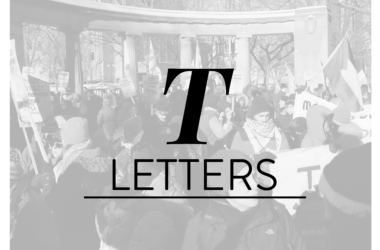The singular noun “transparency” can mean many things. The quality of being clear and transparent is the most important. But this quality depends on the material’s capacity for allowing electromagnetic radiation to be transmitted. Materials that allow transmission in the range of human visibility are called transparent. The material’s chemical composition and its absorption centers ultimately decide whether or not radiation in the range of visible light will pass through. The quality of translucency also allows visible light to pass through but only diffusely. Opacity prevents the transmission of electromagnetic radiation, especially in the range of human visibility, allowing it to be reflected, scattered or absorbed.
While the explanations above refer to the field of optics, the word “transparency” is also used to fight linguistic opacity. Advocates of linguistic transparency urge the avoidance of terms that deliberately mislead and misguide the public. The well-known “collateral damage” to describe the slaughter of innocent civilians and “illegal combatants” to circumvent Geneva Conventions concerning the protection of prisoners of war are a few cases in point. Classic cases of obfuscation were found in the Soviet media. The daily newspaper Isvestia (“report,” “news” in Russian) was the official voice of the Soviet Government, while Pravda (“truth” in Russian) was the mouthpiece of the Communist Party. No one challenged these newspapers during the Soviet period. Nevertheless, jokes about the opacity of these publications were common.
Transparency of our media in the form of freedom of speech needs our protection. The myth that there is no imminent danger to it in a democracy should be challenged through occasional testing of our level of tolerance towards controversial or unpopular ideas. One such idea relates to Obomsawin’s recent documentary on former McGill professor Norman Cornett. If our claims on transparency are justified then we will encourage a viewing of this documentary within our own campus, followed by a discussion with the filmmakers.
– Anait KeuchguerianU2 Theology






